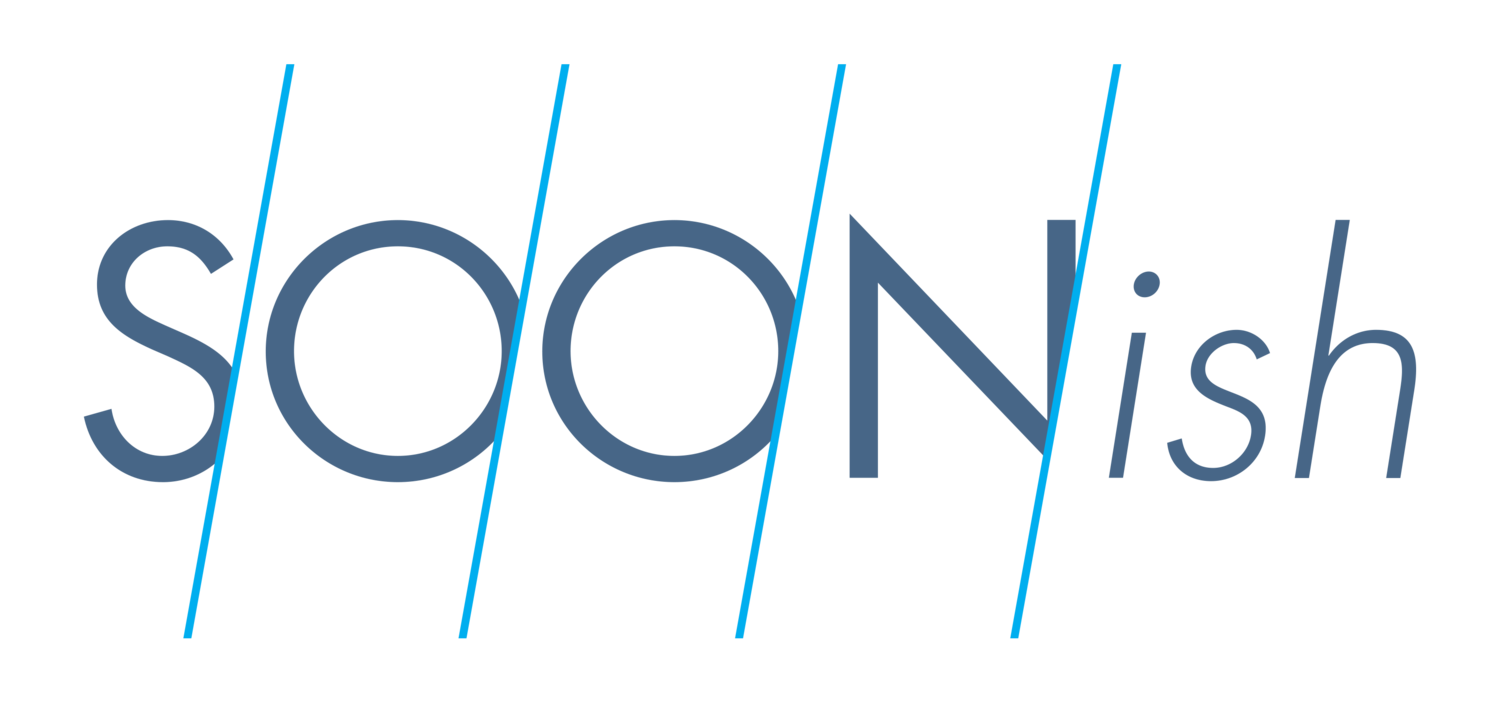The Full Rudi Seitz Interview
/The second segment or "movement" in Soonish Episode 2.10, Making Music with Machines, is all about a basic form of musical counterpoint called the canon. And our guide to the canon is Rudi Seitz, who is such a devotee of the form that he has released an entire album of 45 original canons perform on the harpsichord. It's called, naturally, Canons. It's available on Bandcamp and it's wonderful to listen to.
The segment in the full episode focuses on Rudi's philosophy about the role of software in music composition. He uses a standard music notation program called Finale, from Boulder, CO-based MakeMusic, to capture drafts of his canons, and he says that's an efficient way for him to capture, edit, and refine his work. The software can also play back the music as written. "While a lot of musicians sort of cringe at the software-rendered scores, because they do have a mechanical precision to them that is unnatural, it actually provides a useful window into what's there in the score," Rudi says.
There's other software out there, he says, that could help him make sure his canons conform to the classical rules of canon-writing, and there's even software that can write canons from scratch. But in what you might call an act of voluntary simplicity, he doesn't use that other stuff. The fun, for him, is in figuring out the complex, overlapping tunes for himself.
"There's a professor who has written software that actually generates some fairly impressive inventions in the style of Bach, and it's fascinating," Rudi says, referring to David Cope of the University of California Santa Cruz, one of many researchers studying AI and music. "I am intrigued by it but I don't feel that compulsion to use it myself. Because, the way I see it, there's there's already enough beautiful music out there. We don't really need software to supply us with this scarce resource. Part of the fun of music is actually engaging in it and participating in it. One way to do that is listening. Another way to do that is writing. And I really want to have that experience myself. I don't want to delegate that to a computer."
Our interview covered many other issues as well, including Rudi's training as a musician, what it's like to put together a whole album (and what an "album" actually is these days), and what new methods are available for musicians to distribute their work and gain listeners' attention. The interview ends with a demonstration session in Rudi's home studio. All in all Rudi gave me a revealing look into his musical life, and I'm pleased to share it with you here.
Special thanks to Rudi for allowing me to use two of his canons, "Sunstone" and "Sapphire," in the full podcast episode. Keep a look out for Rudi's next album of canons, performed on the clavichord.


